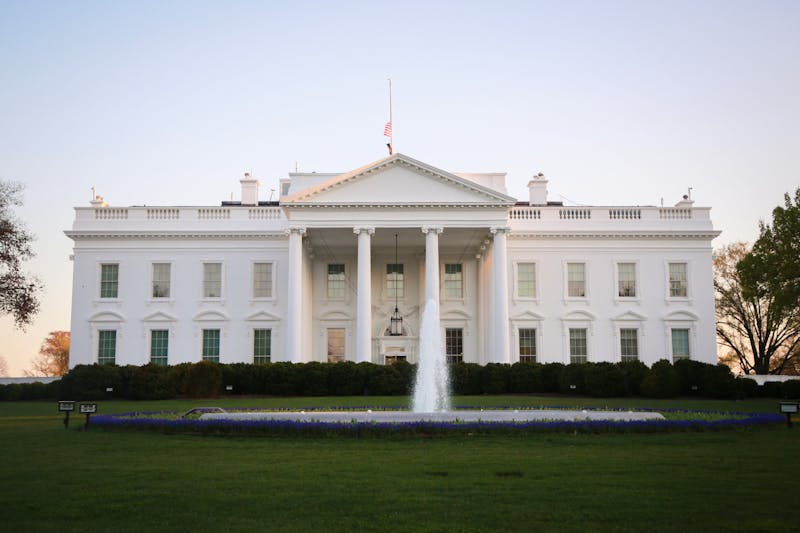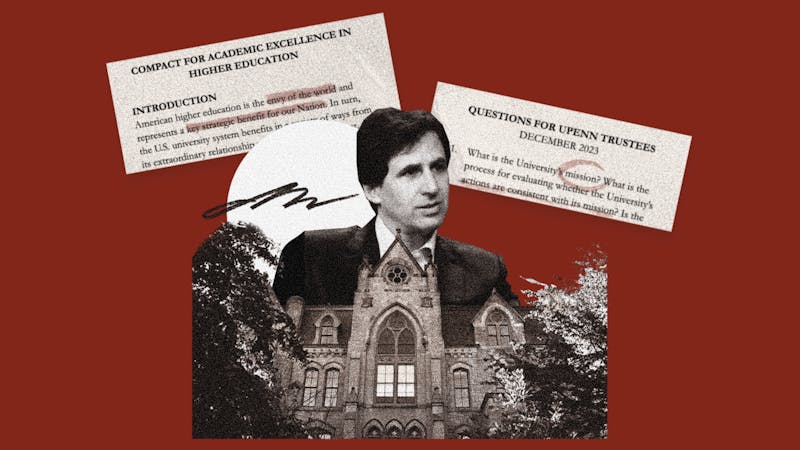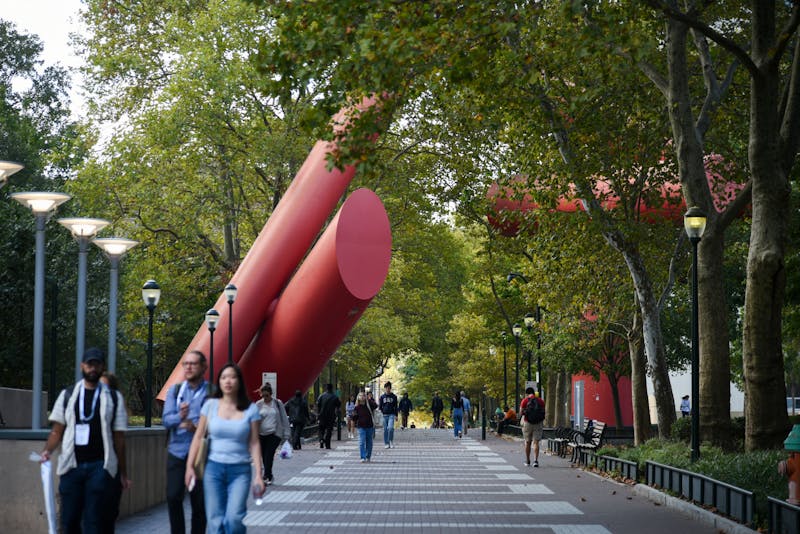More than 1,700 patients are currently waiting for an organ transplant at the Hospital of the University of Pennsylvania. For many, the wait will prove futile.
Last year alone, 91 transplant candidates registered at HUP died in need of an organ, while another 61 were removed from the waiting list because of worsening medical conditions or other late-stage complications. Facing the grim reality of supply and demand, it is no wonder that many patients are considering alternative ways to secure organs.
One option is directly soliciting the public for donations through newspaper advertisements, Web sites, and other privately sponsored media, bypassing the United Network for Organ Sharing, the national organization responsible for organ allocation, altogether. In September, UNOS condemned direct solicitation, claiming that "such appeals, although well-intentioned, compromise the principle of fairness" and "may divert organs from patients with critical need to those who are less ill."
The UNOS outcry trailed the efforts of Houston resident Todd Krampitz and other transplant candidates who had either become unwilling to suffer long waiting lists or, tragically, had been deemed too ill to be considered appropriate transplant candidates. Undeterred, these individuals resorted to direct solicitation to stay alive. Krampitz, for example, used highway billboards to find a willing donor in less than a week.
Krampitz' act of self-preservation is familiar to any person or family caught in a medical crisis, but is it also unethical and dangerously subversive to principles of justice?
Contrary to UNOS objections, patients on transplant waiting lists are not harmed by unpaid solicitation of organs. The consequent increase in organ supply occurs after direct engagement with donor families, who reciprocally designate a particular individual -- the solicitor -- to receive the organ.
At no point does someone "break in line" on the UNOS waiting list, as there is no time in which the newly available organ enters the wider UNOS distribution pool. Some might claim that all organs should be automatically relegated to UNOS, but this position undermines the basic notion that individuals exercise supreme control over their own bodies, directing their use as best they see fit.
Presumptive reservation of organs for general UNOS allocation also contradicts the established practice of directed donation, legalized (in most states) by the Uniform Anatomical Gift Act. The existence of a mutual, prior personal relationship solely distinguishes directed donation from direct solicitation under this framework. Given the life-or-death outcomes under consideration, permitting the former but not the latter hangs a good deal of moral weight on this seemingly arbitrary criterion.
Other detractors recognize that the practice of direct solicitation inevitably favors individuals with generous financial resources. It takes money to promote one's cause, so the wealthy will be more able to seek out and contact donors, leaving the poor at the mercy of anonymous altruism. Tiered medical outcomes of this sort should be avoided, so goes this thinking, and thus direct solicitation should be discouraged.
Though somewhat compelling, such idealistic reasoning selectively discounts identical exclusionary costs plaguing the entire U.S. healthcare system, which is largely underpinned by an overall "ability to pay." Why should the rich forgo the rational pursuit of life-improving options they can afford but which others cannot? Unless we are also ready to ban after-school violin lessons and expensive tertiary surgical procedures, price discrimination is a fact of free-market life we cannot conveniently ignore.
If indeed no one is harmed by direct organ solicitation, then the success of Krampitz should be reassuring to both doctors and patients, a useful reminder that there is always hope. It should also be a wake-up call to UNOS, which apparently has ample room to improve its own procurement initiatives and community awareness programs. Moving beyond rote rehearsal of depressing statistics toward more intimate strategies that "put a face" on the organ shortage problem is a good first step -- and the likely comparative advantage of Krampitz' billboard pleas.
Ultimately, saving as many lives as possible must remain our top priority, at HUP and elsewhere. Unproductive bickering over how to do so can only divert us from this important goal.
Jason Lott is a first-year student in the School of Medicine from Anniston, Ala. Whole Lotta Love appears on alternate Mondays.
The Daily Pennsylvanian is an independent, student-run newspaper. Please consider making a donation to support the coverage that shapes the University. Your generosity ensures a future of strong journalism at Penn.
DonatePlease note All comments are eligible for publication in The Daily Pennsylvanian.







